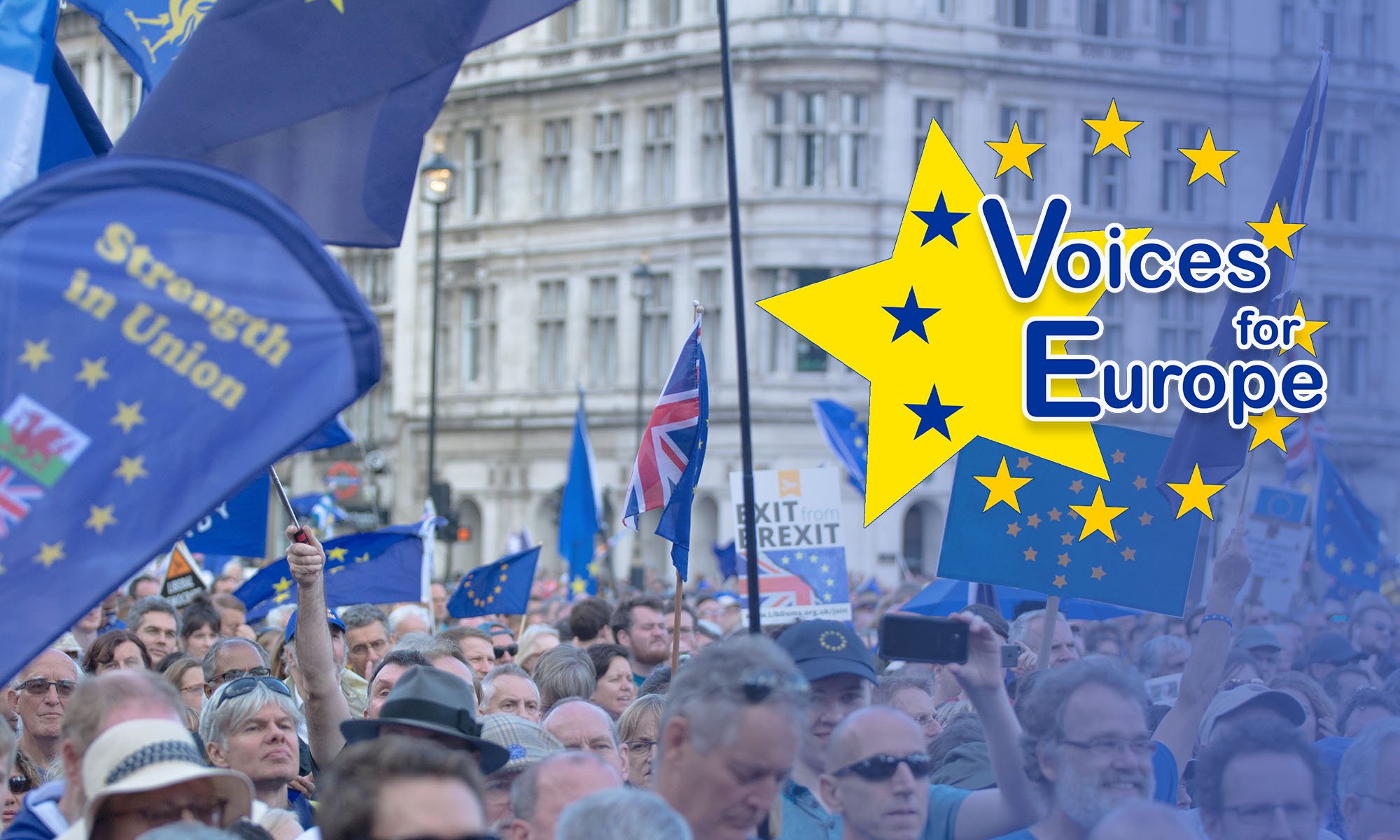BREXIT and AVIATION (The Short Version!)
P. St. John (CPL/IR/FI) has over 30 years’ experience in the aviation industry.
Why will planes not fly?
Because “Certificates issued before the withdrawal date by the competent authorities of the United Kingdom on the basis of the provisions of the Basic Regulation and its implementing rules will no longer be valid as of the withdrawal date in the EU”. (European Commission Preparedness Notice 2018).
In other words, with no alternative arrangements EASA (European Aviation Safety Agency) certificates are invalid, so:
- No Pilot’s Licences
- No ATC Licences
- No Medical Certificates (necessary for both of the above)
- No Cabin Crew Attestations
- No Air Operator’s Certificates (AoC) (allowing the use of aircraft for commercial purposes)
- No Certifications for Airports and Air Navigation Service providers (e.g. NATS)
- No Airworthiness certificates, approvals of parts or maintenance organisations
Aviation is one of the most closely regulated industries, leaving EASA with no alternative means there is no legal framework within which to operate – therefore no flights. Going forward there would be significant cost to the UK in re-establishing an agency to regulate the sector fully and have the capacity to negotiate bilateral agreements i.e. expansion of the UK CAA.
No Problem – let’s use ICAO
ICAO manages the administration and governance of the Convention on International Civil Aviation (the much touted Chicago Convention).
Problem 1: ICAO does not and cannot make legislation.
ICAO devises Standards and Recommended Practices (SARPs) and policies designed to provide a “safe, efficient, secure, economically sustainable and environmentally responsible civil aviation sector” (ICAO 2018).
The SARPs and policies are then used by ICAO Member States to ensure that their local operations and regulations (laws) conform to global norms. One of the recommended practices is the mutual recognition of licences issued by a competent authority, UK national licences are therefore recognised. However, only 841 (as of 2016) pilots hold UK National commercial licences, 18,165 hold EASA ones.
Problem 2: The “Freedoms of the Air” must be agreed upon
The terminology is misleading – these “Freedoms” are not guaranteed; they must be granted and agreed by the airlines and the governments within whose airspace an aircraft intends to fly.
In a “no deal Brexit” there is no reason to believe that the EU would deny any of these to the UK. However, as we have just noted, the freedoms must be granted and agreed by the airlines as well as governmental bodies. It is reasonable to assume that those with a vested interest in gaining a commercial advantage may not wish to approve action that benefits UK carriers.
In this environment governments would decide which airlines can operate services, where they can fly, and what fares they charge. This could make UK carriers less competitive.
What other issues are there?
Problem 3: Losing established Open Skies arrangements
The European Common Aviation Area (ECAA) created a single market in aviation services. This brought common licensing requirements, enhanced air passenger rights, connectivity and, through greater competition, lower fares for consumers. Fares across Europe have reduced by around 40% in real terms.
The ECAA, which the UK is electing to leave, is effectively all Nine ICAO Freedoms +++; it allows a single market of unrestricted airline operations amongst the 27 member states. Every prior treaty and bilateral agreement was superseded by the ECAA in 1997.
Also lost will be Open Skies arrangements with third parties, for example the US-Canada-EU treaty. In total access through the EU to 41 countries will be affected.
In doubt also will be participation in SESAR – an initiative to improve the way European airspace is managed. The UK will be excluded from shaping the future of Air Traffic Management further undermining the sector.
Problem 4: ECJ oversight
The UK cannot negotiate individually with countries in the EU Single Aviation Market, it must deal with the EASA, and that means accepting that the European Court of Justice holds jurisdiction, a notorious “Red Line” for Mrs. May’s government.
Problem 5: The alternatives are inferior to full membership.
Summary of possible future relationships:
| Access to SAM | Validity of EU Agreements | Influence on EU Policy | Policy Freedom | |
| Continued EU Membership | Full | Full | High | Very Limited |
| ECAA Membership | Full | Possible | Very Limited | Limited |
| UK-EU Bespoke Agreement | Access | Negotiation | None | Limited |
| No Formal Agreement | Negotiation | Negotiation | None | High |
Source: IATA 2016
Most concerning is a lack of influence over future policy, anything other than full EASA membership results in rules being made over which the UK has had no say but which the UK will have to implement. The exception being having no formal agreement at all which would mean no access to the SAM and a loss of all currently valid agreements obtained through the EU.
There are other big issues as well, especially concerning airline ownership and control rules, beyond the scope of this short precis. As things stand, Brexit means the UK losing traffic rights, a full Regulator and a regulatory framework, consumer protections, competitiveness for UK companies and influence in shaping the future of aviation.
